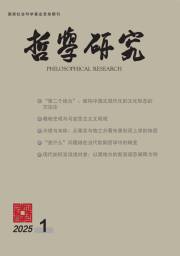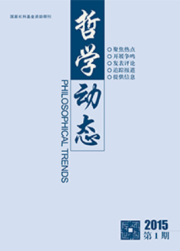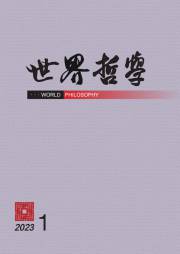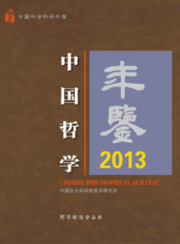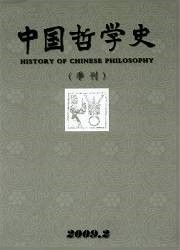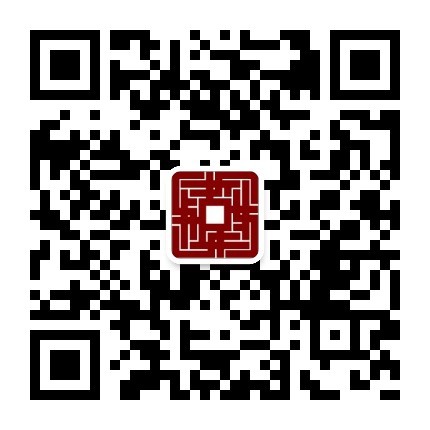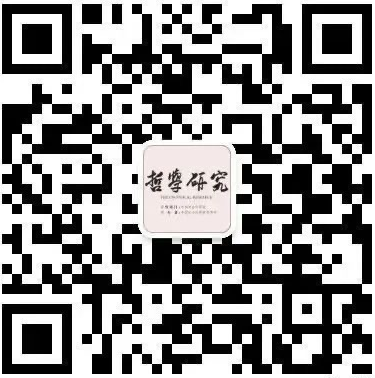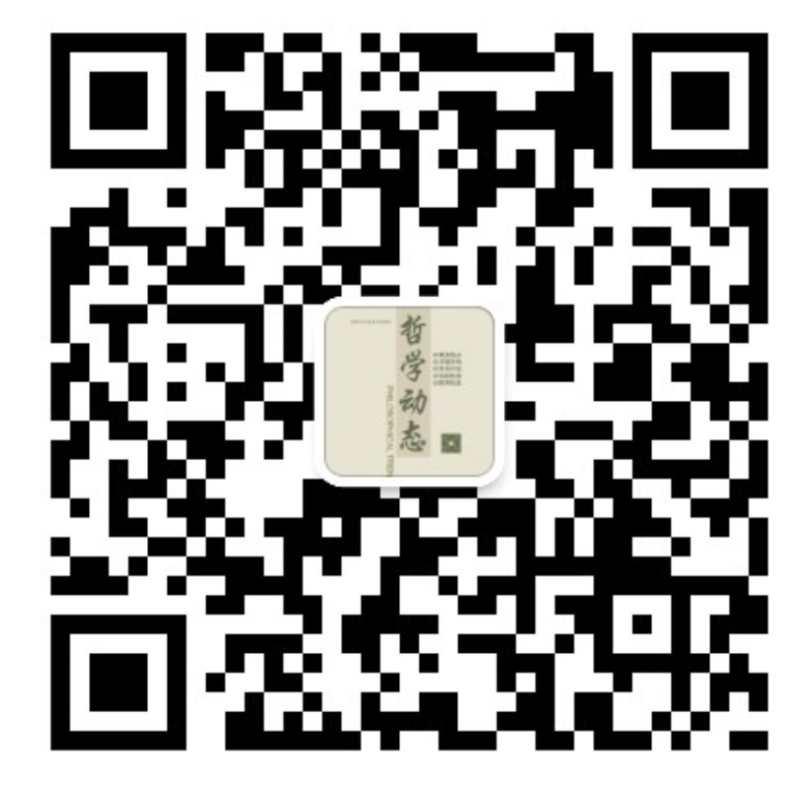中英美暑期哲学学院2010年考试试卷
Philosophy Summer School in
2010 Assessment Examination
Applied Philosophy
Directions: Answer ONE question in 1500 words or less. State the question you are answering at the beginning of your essay. On a separate page at the end of your essay give your name and institution. Submit your essay in 24 point font with single line spacing. The essay must be your own work. Material from lectures or other works must be identified by citation.
Submit your essay in the lobby of Athletes Apartment 1 by 5:30 pm on Thursday 12 August. By the same deadline send your essay, name and institution in a single email attachment to Professor David Archard <d.archard@lancaster.ac.uk>. Examiners may refuse to mark late essays or essays longer than 1500 words.
1. Does justice demand that we should abolish the family? If not, what policies regarding the family does justice require?
2. Which rights and duties, if any, constitute ‘parenthood’? And what is the basis of these rights and duties?
3. Is it a fundamental mistake to think of the family in terms of rights and duties? If this is the case, why is this so?
4. Are there any experts in ethics? If not, why not. If so, how can non-experts hope to identify them? Make some reference to the views of both Alvin I. Goldman and Peter Singer.
5. What is a rumour? In what circumstances, if any, can you be justified in believing a rumour? Make some reference to the views of both C.A.J. Coady and David Coady.
6. Has the internet made us more knowledgeable? Has it made us wiser? Make some reference to the views of Alvin I. Goldman, or to the views of P.D. Magnus or to the views of both.
7. Are you convinced by Rousseau that children can be formed into rational, autonomous adults through a process of manipulation and deception?
8. Explain and critically assess the idea of shame and reputation in Locke or the idea of amour-propre in Rousseau.
9. Critically examine Rousseau’s account of women. What, if anything, does he tell us that could be adopted and developed by modern feminism?
10. It has been argued that the affluent countries — their governments, corporations, and citizens — are not merely falling short in fulfilling their positive duties toward the world’s poor, but also violating their negative duties toward them. Explicate and critically assess this view.
11. It is said to be self-evident that all human beings are created equal. It is also said to be self-evident that one is permitted to prioritise one’s near and dear. How, if at all, can these two basic norms be reconciled? Illustrate your answer with a pertinent example.
12. Suppose you are a citizen of a powerful country. You know that there are many foreigners who are dying and suffering and that a change in your own government's policies could greatly alleviate this harm. How strong and how demanding are your own personal responsibilities in this regard? What additional facts about the situation are relevant to answering this question? Discuss one actual example to illustrate how your general answer would work in the real world.
13. What does it mean to ‘apply’ philosophy? Explain your answer by referring to ONE reading from this Summer School session.
14. What do applied philosophers do? Does the term ‘applied philosophy’ adequately characterise their practice?
END OF PAPER

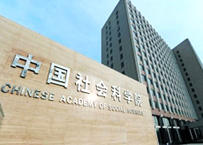
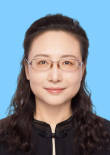
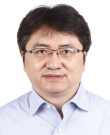
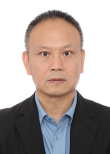
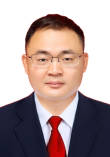
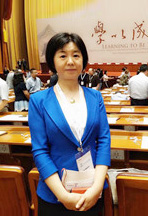

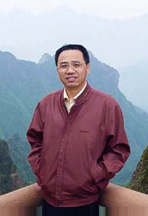

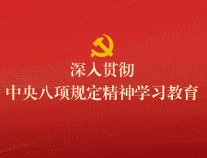
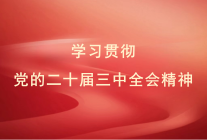
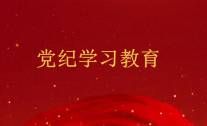
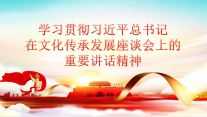
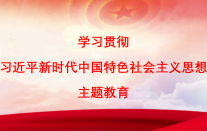
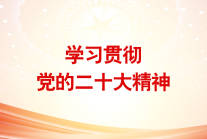
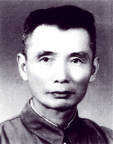 潘梓年
潘梓年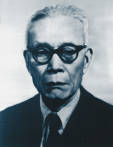 金岳霖
金岳霖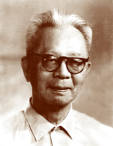 贺麟
贺麟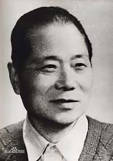 杜任之
杜任之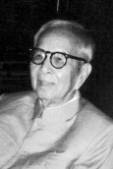 容肇祖
容肇祖 沈有鼎
沈有鼎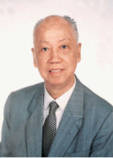 巫白慧
巫白慧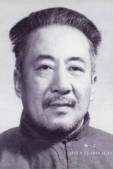 杨一之
杨一之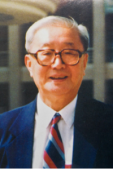 徐崇温
徐崇温 陈筠泉
陈筠泉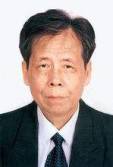 姚介厚
姚介厚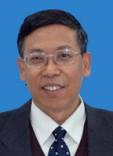 李景源
李景源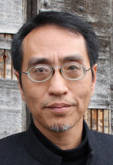 赵汀阳
赵汀阳